Do-Overs: The Importance of a Clean Slate in the Classroom
Posted by Barbara

When you think of November, I’ll bet your mind goes directly to Thanksgiving and all its trimmings of turkey and pies and football and family. And pies and football. And pies. And that takes you to the happy thought of, “A week off from school!” Before you know it, your mind is racing down the road to, ‘After Thanksgiving, there are only three weeks of school before Christmas Break!” This is when you realize that waterproof mascara is well worth it.


When you think of November, I’ll bet your mind goes directly to Thanksgiving and all its trimmings of turkey and pies and football and family. And pies and football. And pies. And that takes you to the happy thought of, “A week off from school!” Before you know it, your mind is racing down the road to, ‘After Thanksgiving, there are only three weeks of school before Christmas Break!” This is when you realize that waterproof mascara is well worth it.
I cannot verify this, but I am highly suspicious that when Handel was inspired to write the ‘Hallelujah’ chorus, he had just sauntered past a school where gleeful students were pouring from the wide-open doors as smiling teachers waved and shouted, “See you after the break!” to their little darlings who were rushing to get out of the building as if prizes would be awarded to the first out the doors. And when the thundering of all those little sneakers and sandals and boots became muffled in the distance, I am convinced Handel was drawn to peer through a window into the quieted building. What drew him, you may wonder? I know. He heard a soft chorus of voices, singing one word over and over. The sound of that word built and built into a crescendo worthy of the finale of the best Fourth of July fireworks display ever seen by humankind. “Hal-le-lu-jah!”
Okay. I know we’re in November, not July. And I know Handel’s widely known and quintessential composition was created before our Continental Congress proclaimed the first national American Thanksgiving. And obviously, Handel’s Messiah was composed on an entirely different continent. I confess. My “Hallelujah Chorus” fantasy is a bit of a history rewrite. Possibly you can see the liberty I took as more a history do-over.
Give Us This Day Our Daily Do-Over
A do-over. That is what I want to talk about. Not just a do-over when we return from Thanksgiving Break, hopefully refreshed, even if certainly our pants fit a little tighter. I blame it on those pies. I am speaking on behalf of a do-over every day with every student. I certainly need do-overs after my mouth gets ahead of my brain. You know what I mean. When a thought in your head takes the slippery slope down through your vocal cords and out your mouth before your brain registers its second thought of, “You’d better not go there.” Well, I have been there so many times I had to apply for a second passport. Mine was just too filled with stamps from “You went there.”
All students, even those who are not our “dreams-come-true,” need a do-over each morning they walk through our classroom doors. They need a clean slate. A new beginning. Our students need to know we give them that clean slate every day. It affords them a sense of worth. A sense of security. A sense of peace. And who doesn’t need these things in today’s world? I know I do.


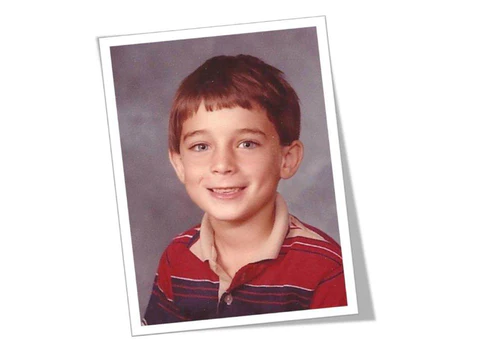
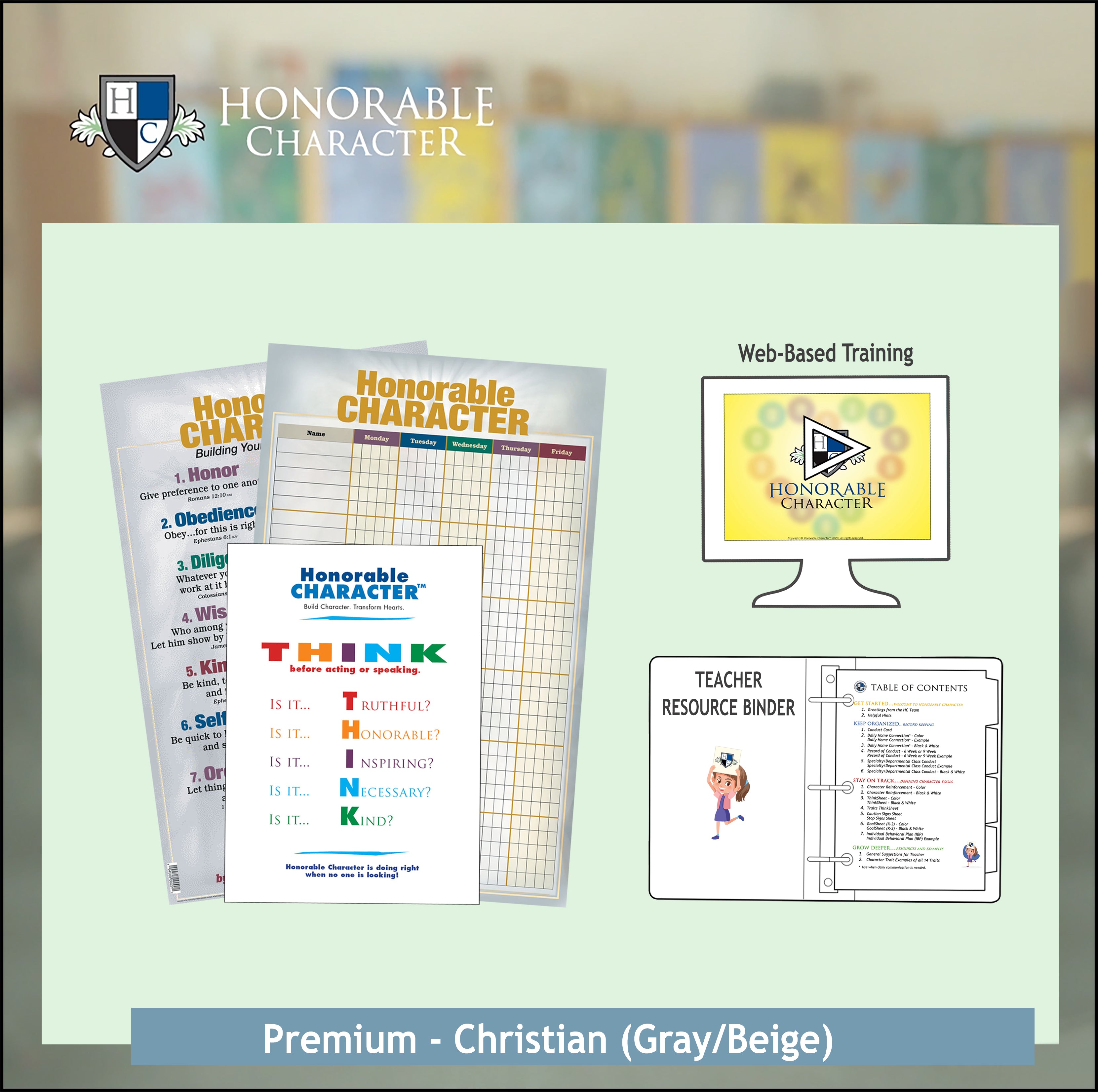
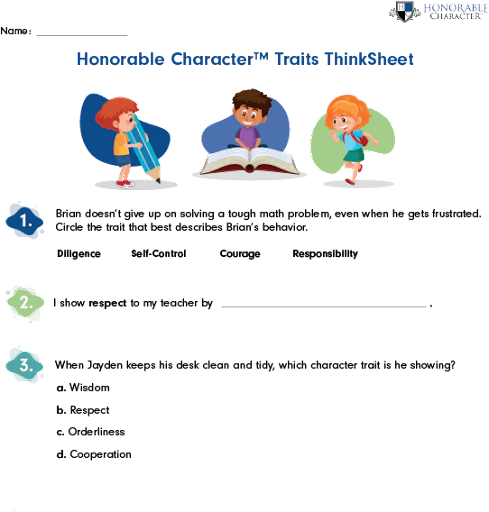
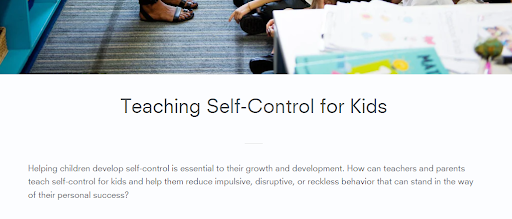
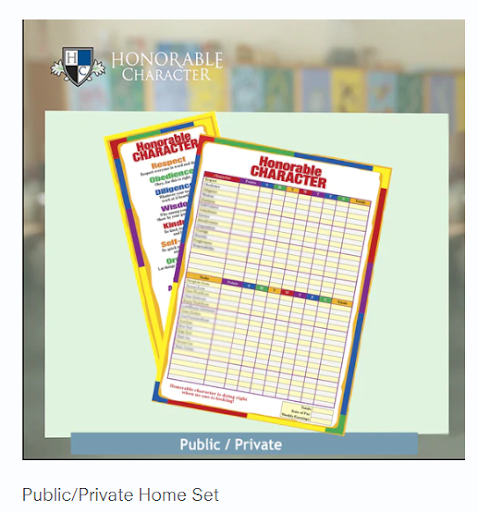
Add a comment